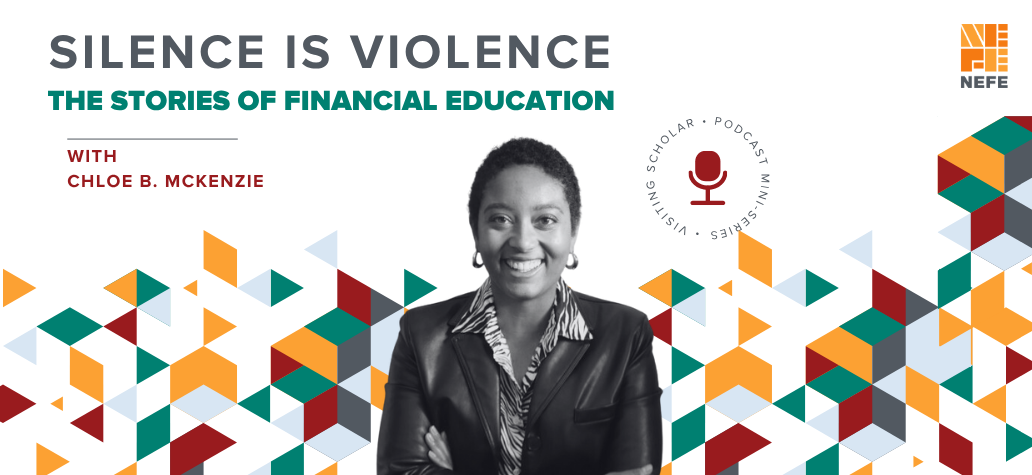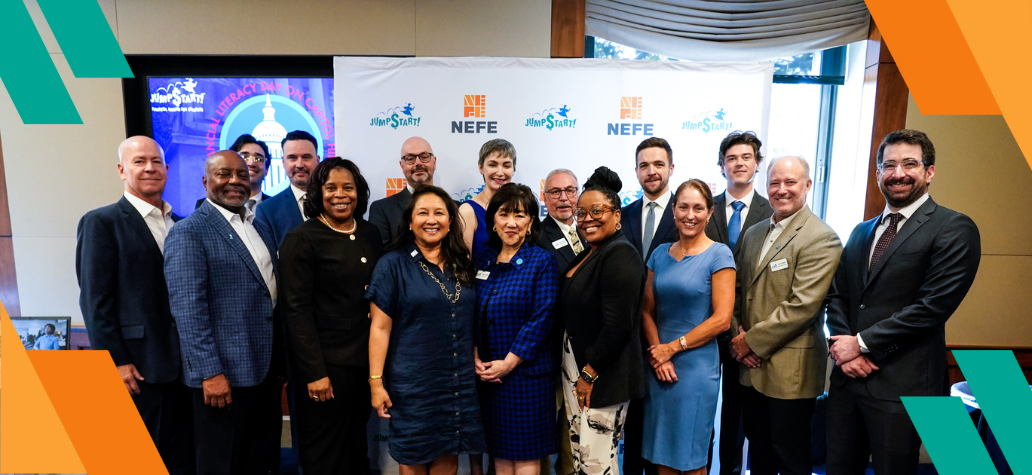Organizations seeking to attract and retain top talent are turning to workplace wellness initiatives as a way to differentiate themselves from the competition and demonstrate to employees that they care about their overall health. Recently, this has started to include the addition of financial well-being programs.
This is an interesting moment for financial well-being in the workplace. More and more states are passing legislation mandating financial education courses for high school graduation, giving current and future students—who will become the next generation of employees—the foundational knowledge to build upon. Adults who may or may not have had any financial education in high school or a postsecondary institution may find their employers as a source for obtaining financial knowledge or skill.
In their latest workplace wellness survey, the Employee Benefits Research Institute explored employees’ views of financial education and financial well-being programs as part of overall workplace wellness program offerings:
- About half (49%) understand their employer’s financial well-being benefits extremely or very well, compared to 69% who have the same understanding of their health benefits and 58% the same understanding of their retirement benefits.
- Six in 10 are at least moderately concerned about their household’s financial well-being, an increase from 49% in 2021. In comparison, 50% are concerned about their emotional well-being and 48% about their physical well-being.
- Fewer than four in 10 (36%) rate their employer’s efforts to improve their financial well-being as excellent or very good while rating their employer’s efforts to improve employee mental health (45%) and physical health (43%) as excellent or very good.
- Two-thirds (66%) feel it’s their employer’s responsibility to ensure employees are financially secure and well, compared to mentally healthy and emotionally well (77%) and physically well (74%).
Respondents were also asked about the financial well-being options they have (or wished they had) from their employer and their thoughts on utilizing them:
- Fewer than half of employees say they are offered a financial wellness program at work. However, when offered, six in 10 employees participated. Among those who have participated, two-thirds (66%) have taken advantage of resources in the program one-to-three times in the past year, while 28% have taken advantage of resources four or more times.
- Those who have not participated cite not wanting to disclose their finances or financial issues to their employer (24%) as the top reason. One in five employees also cite the cost/fees of the benefits (21%), the difficulty of knowing which benefits to use (21%), and not knowing what benefits are offered (19%).
- Seven in 10 remote or teleworking employees say that this option has had a positive impact on their financial well-being.
Simply offering programs won’t address all financial issues or concerns that employees have; well-designed financial education or coaching programs that go beyond the basic benefits information take intentional planning and facilitation by knowledgeable providers. Rightsizing expectations on where financial education fits into overall financial well-being can help companies design thoughtful programs with realistic outcomes in mind. In addition, appropriately communicating key information to employees at opportune times via the right internal channels can influence utilization and satisfaction with the programs companies offer.
Organizations that recognize they can positively influence their employees’ financial knowledge and well-being may see positive results in the acceptance of their overall workplace wellness initiative.



